A secret house near Oxford
A fascinating architect-designed house with 27 acres has come onto the market near Oxford
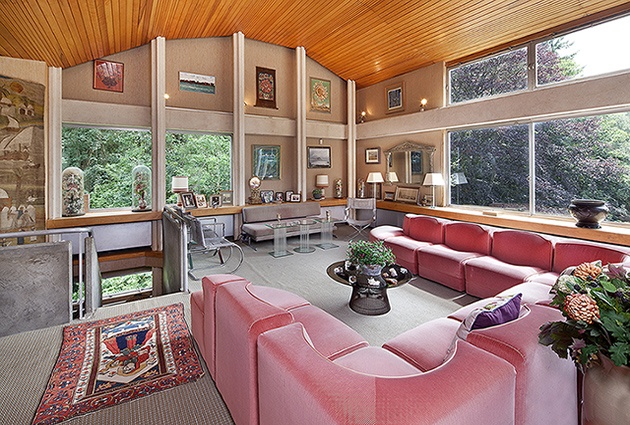
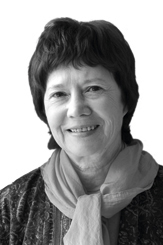
Celebrated by the poet Matthew Arnold for its views of Oxford’s ‘dreaming spires’, the hamlet of Boars Hill, three miles south-west of Oxford, was almost treeless until the late 19th century, when an influx of wealthy residents built walls and fences and planted trees around their grand new country houses.
Within a few years, the hill’s famous views were obscured—in all but a few places—by banks of towering woodland. Consequently, few people are aware of the existence of the remarkable Youlbury House on the Ridgeway, Boars Hill, and those who are often have a problem finding it, hidden as it is within some 27 acres of former Victorian pleasure gardens and bluebell woods.
For more than 40 years, the house has been the treasured country retreat of the eminent human-rights lawyer William Goodhart QC and his wife, Celia (now Lord and Lady Goodhart) and two generations of their extended family.
However, with health issues restricting the amount of time the owners can now spend there, Youlbury House has been placed on the market through Savills (01865 339700) at a guide price of £2 million for the main six-bedroom house with 9.6 acres of gardens and grounds.
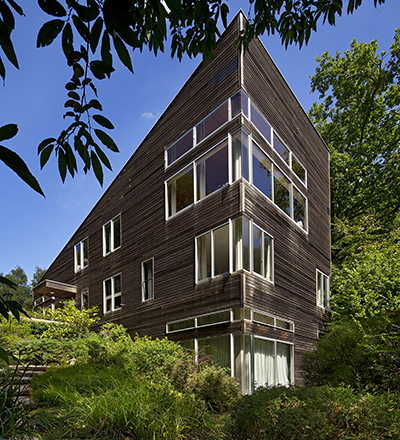
The two-bedroom Agents Cottage and its adjoining walled garden, which has planning consent for demolition and construction of a new six-bedroom house, is on the market with an asking price of £1.5m. The price-tag on a pair of semi-detached cottages, the two-bedroom Bailiff’s Cottage and its adjoining, three-bedroom Gardener’s Cottage, is £900,000 to £1m, with 15 acres of romantic bluebell wood on offer at £150,000. The guide price for the whole estate is £4.5m.
According to Lord Goodhart’s daughter, Laura Watts, who’s overseeing the sale, Lord Goodhart had known the estate at Youlbury since 1935, when his father, Arthur Lehman Goodhart, then Professor of Jurisprudence at University College, Oxford, and the first American to be Master of an Oxford college, bought the house next door.
At the time, Youlbury House was a large Victorian mansion owned by the archaeologist Sir Arthur Evans, who lived there in some style, employing a team of at least 10 gardeners to look after the grounds. He died childless in 1941 and, when his 26-bedroom mansion was put up for auction a few years later, Prof Goodhart went along to the sale, curious to discover who his new neighbour might be.
Sign up for the Country Life Newsletter
Exquisite houses, the beauty of Nature, and how to get the most from your life, straight to your inbox.
He put in a nonsensical bid for the house, which turned out to be the only one of the day, and, to his surprise, he emerged as the new owner. Having tried— and failed—to give the house away, he eventually had it demolished. William Goodhart, as he then was, appreciated the extraordinary beauty of the location and, when he married in 1966, bought part of the site from his brother, who had inherited it. Being keenly interested in modern architecture, he decided that the setting would be perfect for a new weekend house.
His wife’s brother-in-law, Hal Moggridge, who trained as an architect before concentrating on a hugely successful career in landscape and garden design, was commissioned to produce a ground-breaking scheme for a house on two main levels overhanging the slope of the hill. The engineering firm of Ove Arup and Partners carried out the important structural work that prevented the building from sliding into the abyss.
The end result is strongly reminiscent of Frank Lloyd Wright’s iconic Fallingwater, built in the late 1930s on a wooded site overlooking a waterfall in rural Pennsylvania, for Pittsburgh businessman Edgar Kaufmann, with echoes of the work of the Minimalist architect Mies van der Rohe. Youlbury House is one of only three houses built by Moggridge and its importance as a rare architectural work by one of the most important landscape designers of his generation was established by its Grade II listing in July 2009, a rare distinction for a house built in the late 1960s and early 1970s.
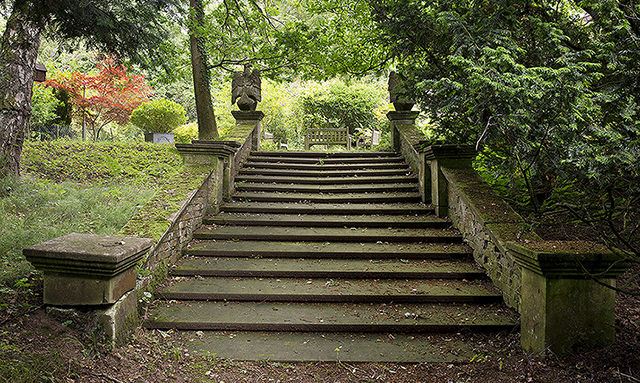
Youlbury exploits the topography of the site, extending from a single storey at its northern end to a dramatic, three-storey southern elevation overlooking a lake, and this close relationship between the house and the natural landscape is echoed in the use of glass and western red-cedar cladding.
The main entrance opens into a hallway that runs diagonally through the building, linking all the rooms on the entrance floor. The kitchen and dining room are located at the northern end of the house, with two bedrooms, a bathroom and the master bedroom set in a cluster at the southern end.
A cement staircase in the centre of the house connects the children’s playroom on the lower level with the floors above. At first-floor level, the stairs rise directly to the drawing room, a striking space with a soaring double-height ceiling of Parana pine, surrounded on all sides by those magnificent trees.
Beyond the drawing room are three further bedrooms and ‘Many of the people who have been to see the house since it’s been on the market have gone away scratching their heads, wondering how they could make it work for them,’ Mrs Watts reveals, aware that her family’s unique weekend hideaway is not what every house-hunter might expect to find on Boars Hill.
But she’s convinced that there’s huge scope here for someone with vision to re-create Youlbury’s ‘lost gardens’, which still retain their underlying formal structure of raised paths, rockeries, stone steps and statuary, although, elsewhere, the original yew hedges, rhododendrons and pines have been allowed to find their own level over the years.
The Goodhart family is realistic about the length of time it may take to find a buyer for this extraordinary building—possibly a year or more. But all agree that their memories of happy family gatherings at Youlbury House will last a lifetime.
** Lake District Property for sale
The concept of distance held no fears for the much-travelled Australian oilman Steve Kappelle when, in the early 2000s, he was asked to run a UK-based oil company with interests in Kazakhstan.
Instead of buying a family home in London, he and his wife opted instead for a bijou estate in Lakeland and, by Christmas 2006, they were moving into the recently refurbished, 14-acre Ridding Bay estate on the western shore of Lake Windermere.
But with children and grandchildren settled down south, these family ties are pulling them back in that direction, hence the sale of their lakeside paradise, with its six-bedroom Edwardian house, coach house and three-bedroom holiday house, through Savills in Wilmslow (01625 417450) at a guide price of £4 million. Protected by banks of mature woodland and surrounded by delightful gardens, the house comes with a boathouse, a jetty and 900ft of lake frontage.
-
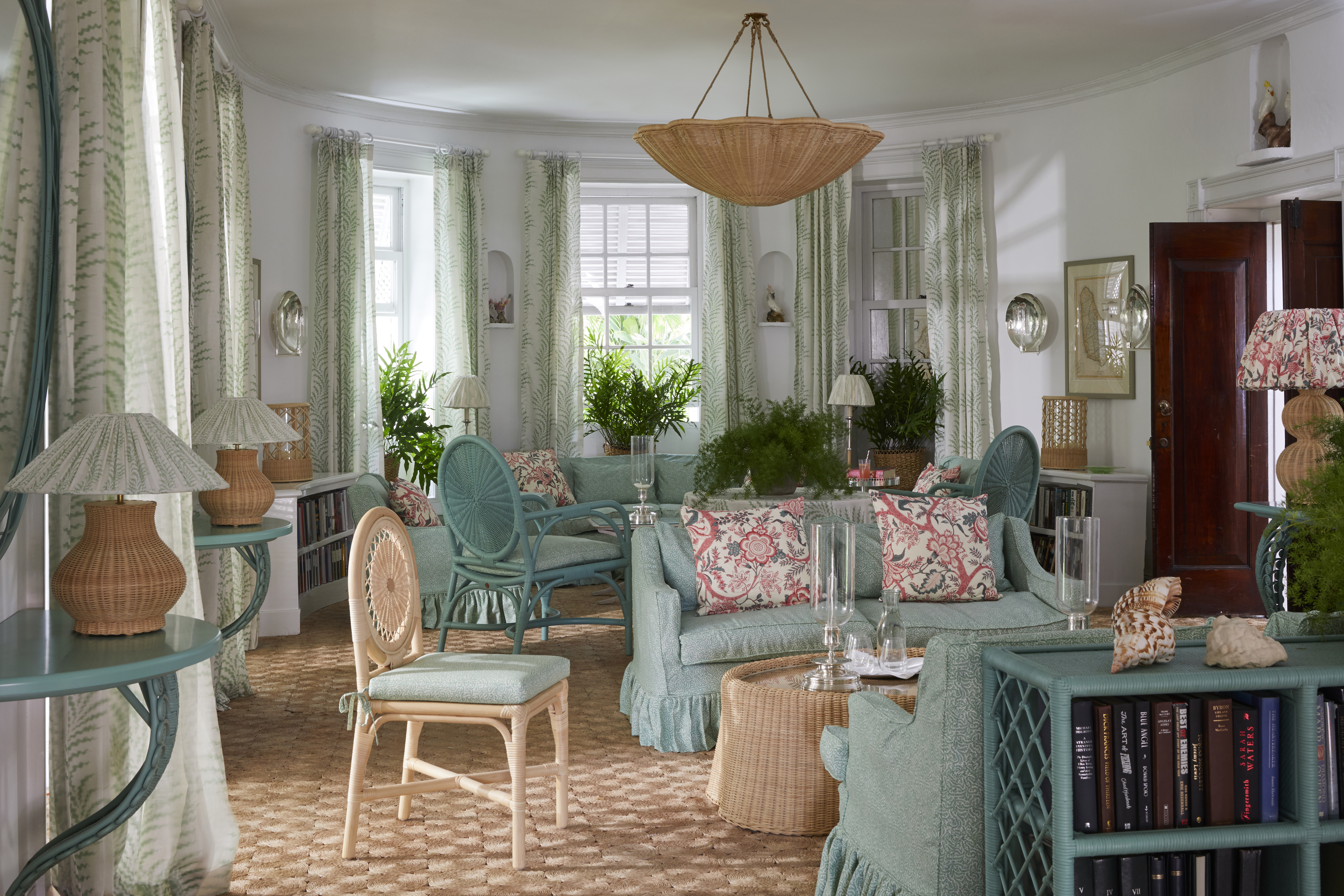 Why British designers dream up the most desirable hotels
Why British designers dream up the most desirable hotelsWhen it comes to hotel design, the Brits do it best, says Giles Kime.
By Giles Kime Published
-
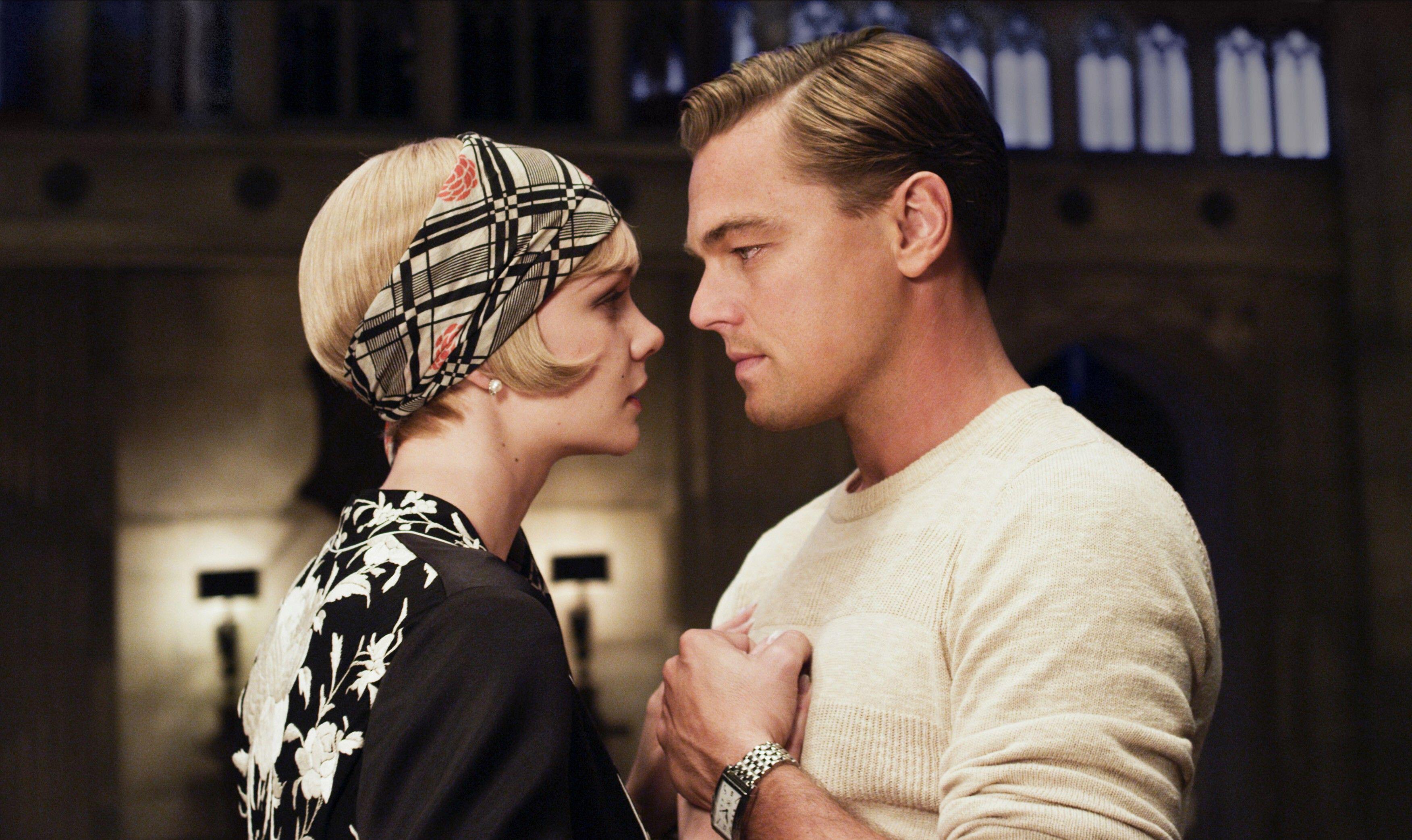 The five minute guide to 'The Great Gatsby', a century on from its publication
The five minute guide to 'The Great Gatsby', a century on from its publication'The Great Gatsby' sold poorly the year it was published, but, in the following century, it went on to become a cornerstone of world literature.
By Carla Passino Published
